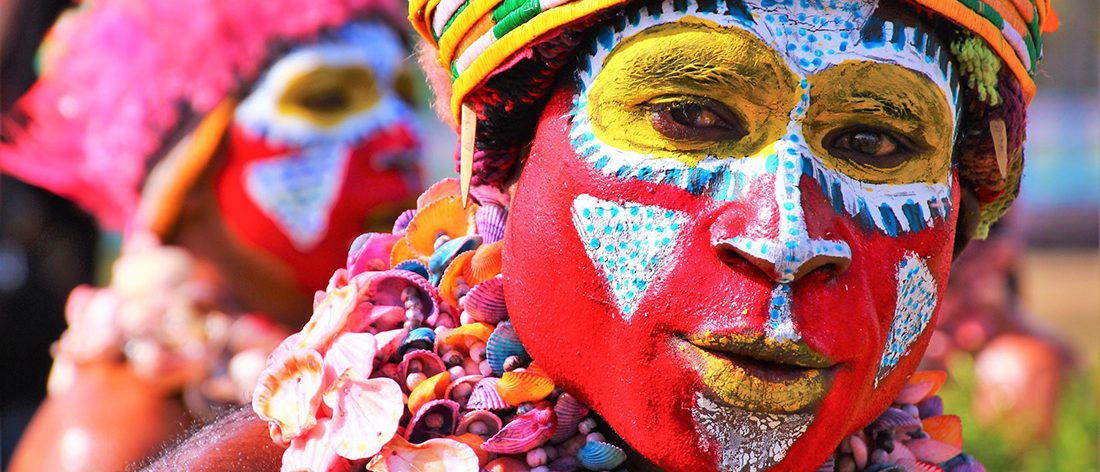
Exploring Cultural Festivals Around the World: A Journey of Celebration and Connection
In a world that often feels increasingly homogenized, cultural festivals stand as vibrant testaments to the enduring power of tradition, community, and human expression. These celebrations, rooted in history, spirituality, or simply the joy of life, offer a unique window into the diverse tapestry of human culture. They are more than just spectacles; they are living embodiments of identity, resilience, and the universal human desire to connect and celebrate.
The Significance of Cultural Festivals
Cultural festivals play a vital role in preserving and promoting cultural heritage. They provide a platform for traditional arts, music, dance, and crafts to be showcased and passed down to future generations. They also serve as a powerful tool for fostering social cohesion and strengthening community bonds.
For visitors, cultural festivals offer an immersive experience that goes beyond typical tourism. They provide an opportunity to witness traditions firsthand, engage with local communities, and gain a deeper understanding of different cultures. By participating in these celebrations, travelers can broaden their perspectives, challenge their assumptions, and forge meaningful connections with people from different backgrounds.
A Kaleidoscope of Celebrations
The world is brimming with cultural festivals, each with its unique character and significance. Here are a few examples that highlight the diversity and richness of these celebrations:
-
Dia de los Muertos (Day of the Dead), Mexico: This vibrant and poignant festival honors deceased loved ones with colorful altars, parades, and offerings of food and drink. It’s a celebration of life and remembrance, where families come together to share stories and keep the memories of their ancestors alive. The festival’s vibrant aesthetic, featuring intricate sugar skulls and marigold decorations, is a striking symbol of the cycle of life and death.
-
Holi, India: Known as the "Festival of Colors," Holi is a joyous celebration of spring, love, and the triumph of good over evil. Participants throw vibrant colored powders and water at each other, creating a kaleidoscope of hues and a sense of unbridled joy. The festival is rooted in Hindu mythology and is a time for forgiveness, renewal, and strengthening social bonds.
-
Carnival, Brazil: Carnival is a legendary celebration of music, dance, and exuberance. It’s a time when cities like Rio de Janeiro come alive with elaborate parades, samba rhythms, and street parties. Carnival is a celebration of freedom, creativity, and the spirit of Brazil. The intricate costumes and floats, combined with the infectious energy of the samba, create an unforgettable spectacle.
-
Oktoberfest, Germany: This world-famous beer festival is a celebration of Bavarian culture and tradition. Millions of people gather in Munich to enjoy traditional German food, beer, and music. Oktoberfest is a celebration of community, camaraderie, and the simple pleasures of life. The festival’s oompah bands, traditional attire (dirndls and lederhosen), and the clinking of beer steins create a lively and convivial atmosphere.
-
Chinese New Year, China (and around the world): This major holiday marks the start of the lunar new year and is celebrated with family gatherings, dragon dances, lantern festivals, and delicious traditional foods. It’s a time for renewal, good fortune, and honoring ancestors. The red color, symbolizing prosperity and good luck, is ubiquitous throughout the celebrations.
-
Inti Raymi, Peru: Inti Raymi, the Festival of the Sun, is an ancient Inca religious ceremony that honors the sun god Inti. Celebrated annually on June 24th near Cusco, the former capital of the Inca Empire, it features elaborate costumes, music, and reenactments of historical rituals. The festival is a powerful reminder of the Inca civilization’s rich cultural heritage and its deep connection to the natural world.
-
Up Helly Aa, Scotland: Up Helly Aa is a unique fire festival held annually in Lerwick, Shetland. This spectacular event celebrates Shetland’s Viking heritage with a torchlit procession, the burning of a replica Viking longship, and lively festivities. The festival is a testament to Shetland’s distinct cultural identity and its strong connection to its Norse past.
-
Boryeong Mud Festival, South Korea: A more modern, yet incredibly popular, festival, the Boryeong Mud Festival is a celebration of the region’s mineral-rich mud. Participants engage in mud wrestling, mud sliding, and other mud-related activities, embracing the playful and therapeutic aspects of this natural resource. The festival attracts millions of visitors each year and has become a major tourist attraction for the region.
Tips for Experiencing Cultural Festivals Responsibly
When attending cultural festivals, it’s essential to be a respectful and responsible traveler. Here are a few tips to keep in mind:
-
Do your research: Learn about the festival’s history, traditions, and customs. Understanding the significance of the celebration will enhance your experience and help you avoid unintentional cultural faux pas.
-
Dress appropriately: Be mindful of local customs and dress modestly, especially when visiting religious sites or participating in traditional ceremonies.
-
Be respectful of local customs: Observe the local customs and traditions. Ask questions if you are unsure about something, and be mindful of your behavior.
-
Support local businesses: Purchase souvenirs and crafts from local artisans and vendors. This helps support the local economy and ensures that traditional crafts continue to thrive.
-
Be mindful of the environment: Dispose of your trash responsibly and avoid damaging the natural environment.
-
Engage with locals: Take the time to talk to locals and learn about their experiences. This is a great way to gain a deeper understanding of the culture and build meaningful connections.
The Enduring Appeal of Cultural Festivals
In an era of globalization and rapid technological change, cultural festivals provide a vital link to the past and a celebration of the present. They offer a sense of belonging, a connection to community, and an opportunity to experience the richness and diversity of human culture.
By attending cultural festivals, we can not only broaden our own perspectives but also contribute to the preservation of cultural heritage and the strengthening of communities around the world. These celebrations remind us of our shared humanity and the importance of embracing and celebrating our differences.
They are a reminder that beneath the surface of our diverse languages, customs, and traditions, we are all united by a common desire for connection, celebration, and the joy of being human. So, pack your bags, open your mind, and embark on a journey to explore the vibrant world of cultural festivals. You’re sure to return with unforgettable memories and a deeper appreciation for the beauty and diversity of our planet.


